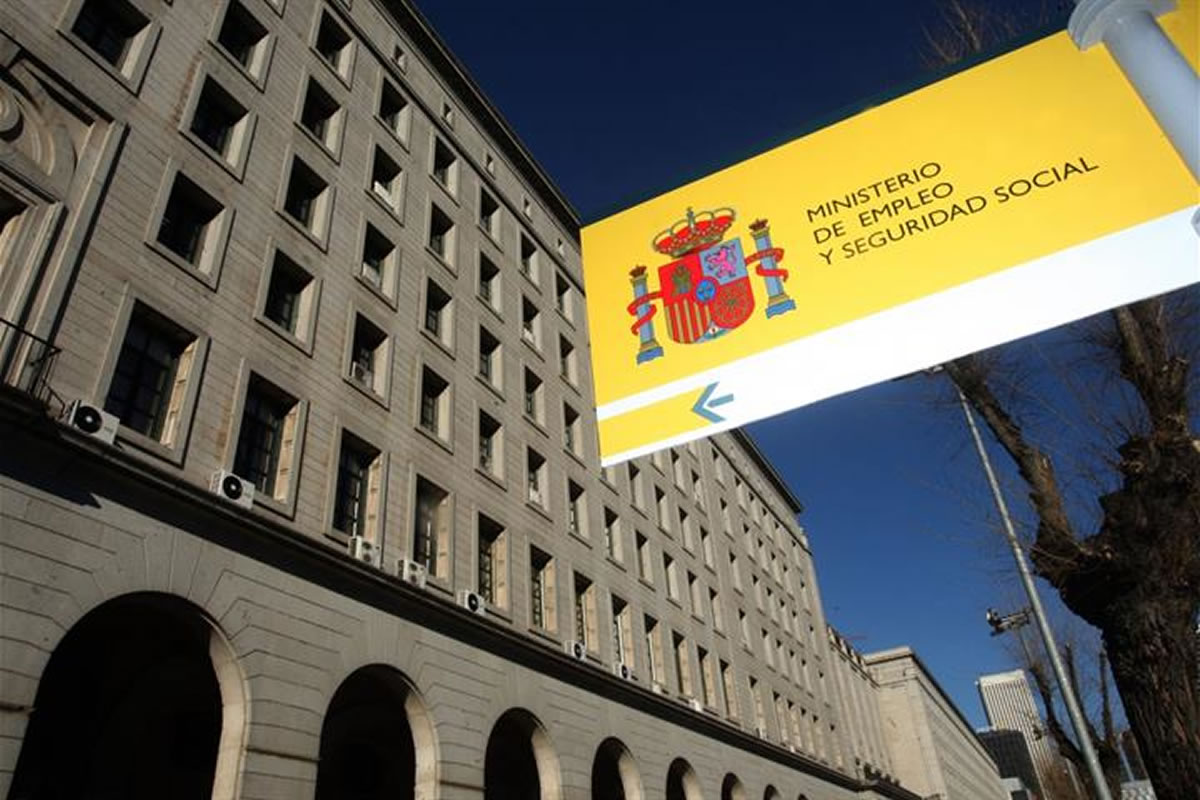Why have the self employed been charged almost double Social Security this month?
- 31-08-2021
- Business
- Canarian Weekly
In June of this year, the Department of Social Security only took 10% of the monthly contribution from all self-employed who had been receiving benefits, as they did not know at that moment in time, who had or had not requested the new benefit regulated in Royal Decree Law 11/2021, for which application was open until June 21st. This means that many people, depending on their situation, underpaid their Social Security that month by 90% because they still received full benefits, so now they are recovering the difference.
The Department of Social Security are reclaiming the fee that it overpaid to the self-employed in the ‘Cessation of Activity’. Thousands of autonomos who requested the cessation of activity in June received, by mistake, a minimum of 250 euros more in their account and, this month, they have to return that money to the Treasury, as confirmed by sources from the Social Security.
More than 200,000 self-employed workers who requested the new aid were exonerated from their quota twice: in the first place they only paid 10% of their monthly contributions, but then the mutuas returned their quota as if they had paid it in full.
This happened, in the first place, because the exemptions that are linked to a good part of the modalities of cessation of activity are not instantaneous. First, the self-employed person pays their Social Security quota on the last day of the month, and then the Treasury, through the mutuas, returns it.
The problem is that, with the new benefits, the Social Security did not know which self-employed workers were going to request the aid for cessation of activity and, by default, it exempted everyone from 90% of the fee to all those who received the aid until May, as was included in Royal Decree 11/2021 that regulates these aids.
However, as many of these self-employed workers again requested the cessation of activity, they only paid 10% of their contributions and then their mutua returned the full fee. All of these self-employed workers are in debt to the Treasury. Therefore, in the following months these payments that were paid by mistake, were to be returned but no-one knew when.
"The regularization process takes place in the month in which the mutua communicates the information of the recognized benefit," confirmed the Department of Social Security. So it is to be expected that those self-employed who received a full amount of aid, but had only paid 10% of the social fee, will have to pay off the debt they have with the Treasury and return a minimum of 250 euros.
How much will the self-employed have to return to the Treasury?
The amount to be returned to the Treasury will vary depending on the base contribution base: everyone paid 10% of their quota at the beginning, and then 100% was returned to them, so now they owe 90% of what they pay usually for their social security.
Thus, a self-employed person who usually pays 289 euros a month (the minimum), will have to return 250 euros, while someone who pays 400 euros every month, will have to pay 360 euros back.
For this reason, the more than 133,000 self-employed who have received the new low-income aid, and the more than 96,000 who have managed to access POECATA (reduced social payments), the one known thing is that they owe a minimum of 250 euros to the Department of Social Security (90% of the minimum fee). If they quote more, this amount will logically be higher.
The opposite can also happen: that Social Security owes money to the self-employed
However, the same sources from the Treasury stated, this situation is not the only possible one. "There are two other possibilities." For example, the self-employed who are in forms of cessation of activity in which the mutuas do not return the quota to the self-employed, but directly the self-employed worker is exonerated from the first moment and does not have to pay their contributions.
In this case, it would be Social Security that must return that 10% of the fee paid by the self-employed in June, since they should have been 100% exempt and they should not have paid anything for their contributions.
This would be the most minority case, but still affects the 1,360 self-employed who received this month the extraordinary benefit for closing their business, and also of the 1,000 who received the extraordinary benefit for seasonal freelancers.
In the event that this is the case, and the self-employed person has requested the cessation of activity before June 21st and, even with everything, has had to pay 10% of their fee, the Social Security has a specific section on its website for the "return of income from special regimes and systems".
Finally, the third possible case would be that of the more than 250,000 self-employed persons who had been receiving the cessation of activity until May, but who have decided not to apply for the new aid this time. In this case, the applied exemption of 90% would be the correct one, and money is not owed to either party.
These self-employed workers are entitled in the coming months in their Social Security quota to decreasing exemptions:
- 90% for the month of June (they will only pay 10%)
- 75% for the month of July (they will pay 25%)
- 50% for the month of August (they will pay half of their fee)
- 25% for the month of September (they will pay 75% of their contributions)
In this way, the self-employed who contribute for the minimum base will have to pay only 29 euros in June; in July 72 euros; in August 145 euros; and in September 216 euros.
Any self-employed person who doesn’t know how much they will have to pay to the Social Security, can easily consult their quota from the 26th of every month within the Electronic Headquarters of the Social Security. This is a new tool that the Treasury developed at the beginning of the year that allows the self-employed worker to consult the amount that the public Administration will charge for their contributions.



























































